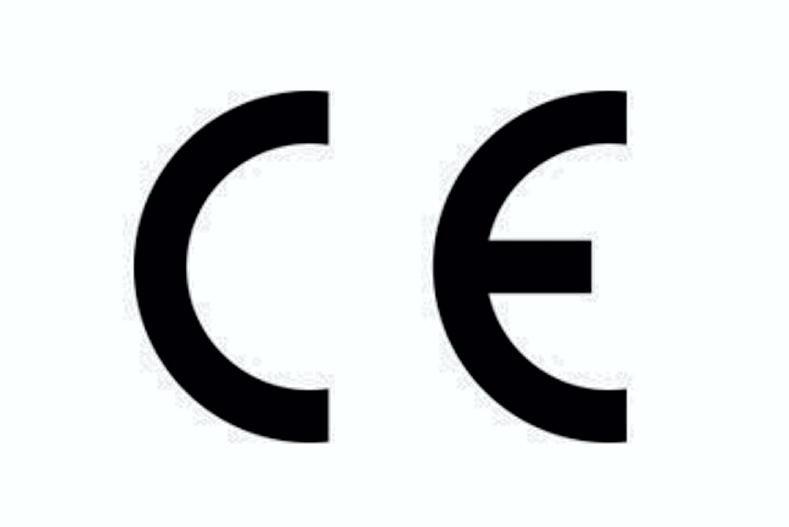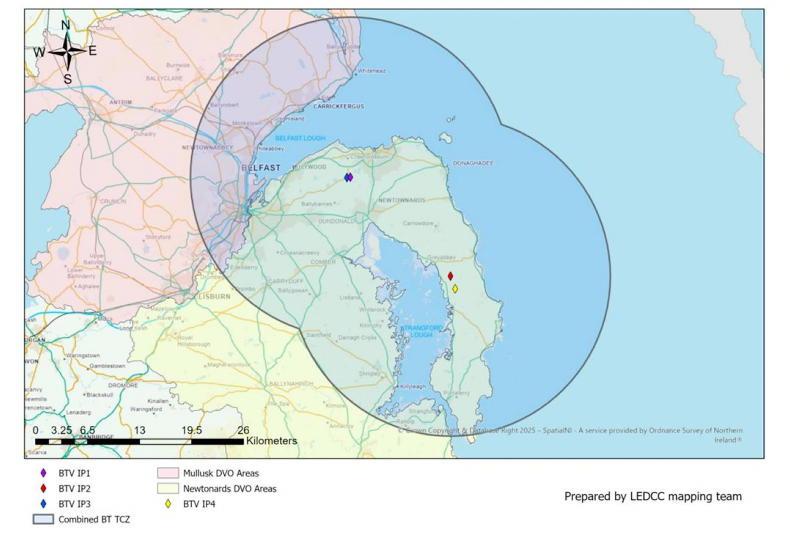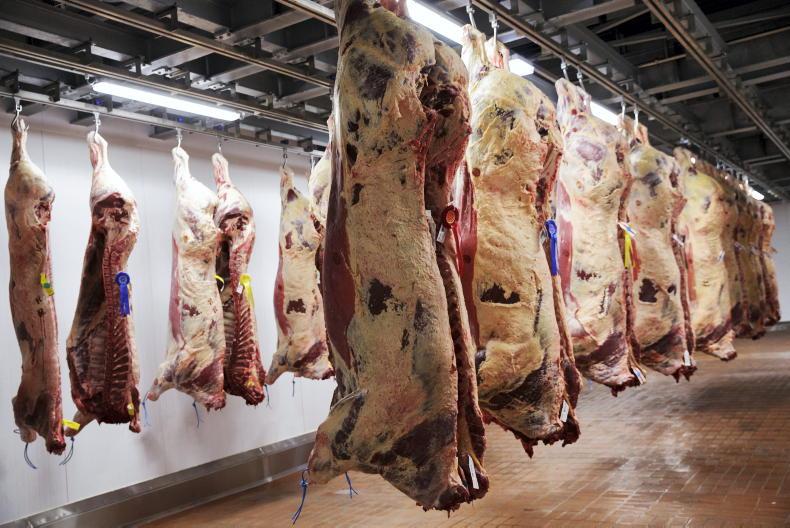As part of the UK’s post-Brexit “taking back control” plan, the government decided to introduce its own product quality mark, the UKCA.
Rules were introduced which would have forced British companies to use the new quality standard. Westminster, however, bowed to pressure this week and announced an “indefinite postponement” of the plan.
While portrayed as a way for the UK to assert its sovereignty – by allowing British manufacturing to produce their goods away from European Union regulations – the introduction of the UK standard was never actually that popular among industry.
Pragmatism
This week’s decision is a pragmatic one, as allowing UK manufacturers to continue to use the EU’s CE standard, the products they make will continue to have relatively easy access to the vast European market.
The introduction of a new standard would also have only served to increase red tape, with companies likely have to adhere to multiple standards if they wished to remain active in the export market.
The British Chambers of Commerce welcomed the decision and even urged the government to go further to reduce the regulatory gap between the UK and EU.
The CE mark remains mandatory in Northern Ireland, which follows EU laws for manufacturing. The Northern Ireland Protocol means that the UKCA mark is not recognised, however, manufacturers are free to use a UKNI marking when their products are not destined for EU markets.










SHARING OPTIONS